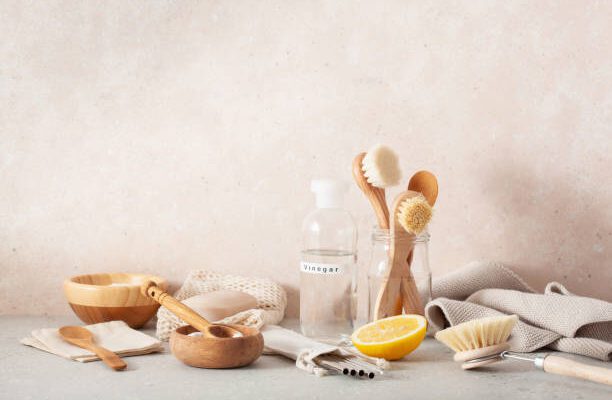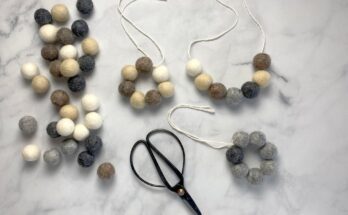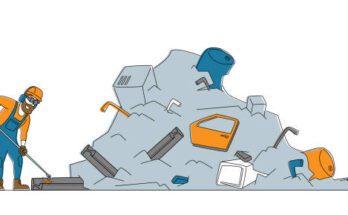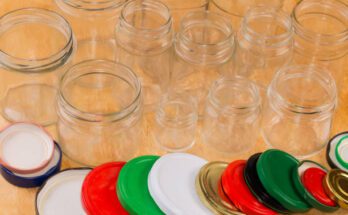You may acquire a more eco-friendly cleaning regimen and save money with a few straightforward recipes. You could already have a lot of the materials. White vinegar, baking soda, borax, citrus fruits, and empty spray bottles make up a basic natural cleaning toolkit. Additionally, for aroma, you could wish to use hydrogen peroxide, cornflour, castile soap, tea tree oil, and other essential oils. To reduce waste, substitute microfiber cloths or used cotton T-shirts for paper towels.
Following are a few homemade cleaning products & solutions to common problems:
White vinegar
Natural disinfectants like vinegar have various applications in household cleaning. Its acidity makes it excellent for removing sticky build-up, rust, and hard water stains. To clean the build-up in your coffee maker, try vinegar. Lemon juice can be used similarly to vinegar, but because it spoils rapidly, you can’t keep cleaners created with it for more than a few days.
Baking soda
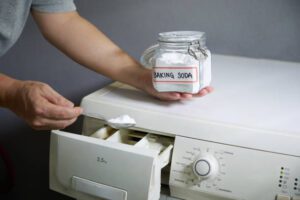 (Photo from istock)
(Photo from istock)
Baking soda is effective for numerous cleaning jobs and absorbs odors from the air. To reduce odors, use it in diaper pails, trash cans and litter boxes. Use it as a gentle surface cleaner on worktops, sinks, ovens, stoves, and bathtubs by sprinkling it over a moist cloth. In the grocery store’s baking section, you can find baking soda.
Borax
Borax, also known as sodium borate, is a more potent version of baking soda. It works well to remove dirt and stains from clothes and other surfaces because it is a natural bleach. Despite being natural, borax may cause skin, eye, or respiratory irritation, so use it carefully and keep children and pets away from it. It’s in the laundry department of your local store.
Mixing your cleaners
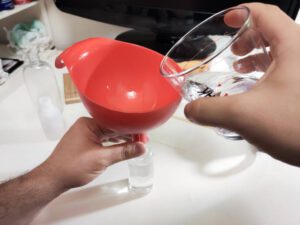 (Photo from istock)
(Photo from istock)
Use spray bottles or other containers that you won’t mistake for food containers while preparing your own cleaning solutions. Give them immediate labels. Cold water won’t clean as well as hot water, thus in most circumstances, freshly produced cleaners will perform best. As opposed to using store-bought cleansers, you might need to scrub a little more vigorously or let cleaning solutions rest for a little longer.
Clean or disinfect?
The aim of the majority of household cleaning is to get rid of dirt and germs. The natural DIY cleaners listed below will all accomplish that. However, you must make them fresh first. Some natural cleaners can help disinfect or kill bacteria. They still clean while stored, but they don’t disinfect as well.
Cleaner for all purpose
Mix 1/2 cup vinegar, 1/4 cup baking soda, and 4 to 8 cups hot water in a spray bottle for light cleaning. 2 teaspoons of borax can be used in place of the baking soda. For a fresh smell, add a few drops of essential oil to any combination.
Kitchen sanitizer
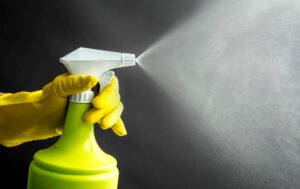 (Photo from istock)
(Photo from istock)
Kitchen surfaces can be cleaned with soap and warm water, but if you want to get rid of dangerous bacteria like salmonella and E. coli, you’ll need to use hot vinegar or hydrogen peroxide and let it sit on the surface for at least a minute. As follows: Spray the mixture onto surfaces after heating 1/2 cup hydrogen peroxide (3%) or white vinegar (5%) to 130 degrees Fahrenheit. Give it a minute to sit before wiping it dry.
An alternative technique for cleaning surfaces is as follows: Combine the mixture with 1 cup vinegar, 1 cup club soda, and 2 drops of tea tree oil. Spray it on surfaces, then wipe it down to clean it. Only freshly made combinations have the ability to disinfect. Even 24 hours later, it doesn’t eliminate as much microorganisms.
Freshening garbage disposal
Run your waste disposal with ice and freshly squeezed orange, lemon, or lime if it starts to smell. The citrus peels will release a fresh smell, while the ice will assist in honing the blade.
Brass cleaner
You will need:
- Lemon juice or white vinegar
- Sodium bicarbonate
Apply salt after wetting a sponge with vinegar or lemon juice to clean non-lacquered tarnished brass cabinet pulls, decorative items, fixtures, and more. Over the surface, lightly massage. Completely rinse with water or a clean, moist cloth, and then dry right away with a clean, soft cloth.
Heavy duty scrub
You will need:
- 1/2 lemon
- Borax powder in a half cup
This powerful homemade cleanser easily removes rust stains from porcelain or enamel sinks and bathtubs. Scrub the surface with the lemon and borax, then rinse. (This is risky for granite or marble.) Advice: Look for borax, a laundry enhancer, in the detergent section.
Grease cleaner
You will need:
- 1/2 cup ammonia that suds up
- Little than 1 gallon of water
With this DIY kitchen and oven cleaning, get rid of grease. Ammonia with detergent in it helps clean stubborn dirt from metal surfaces. Fill a one-gallon container with 1/2 cup of water. Then, using a sponge dipped in the solution, wipe over the surface of your oven racks, stove hood and grill before washing with clear water. In addition, if the grill grates or oven racks are very grimy, you can add a little extra ammonia to the mixture and soak the items directly. A word of caution: Never use ammonia on aluminum. It may become dingier and develop pits.
Cloth stain remover
You’ll require:
- Hot water 1 gallon
- 1 cup of dishwasher detergent in powder
- 1 cup of ordinary, non-concentrated or super liquid chlorine bleach
Mix the aforementioned materials in a stainless steel, plastic, or enamel bowl (not aluminum) to treat heavily soiled but washable white clothing that hasn’t responded to conventional methods. garment in water for 15 to 20 minutes. If the discoloration persists, give it a little more time to soak before washing the item as usual.
Marble cleaner
You will need:
- Mild dish-washing liquid in two drops
- 2 mugs of hot water
Marble may be cleaned with this homemade, sudsy cleaner. When cleaning natural stone countertops in the future, simply combine 2 drops of dish soap, such as Dawn, with water. To get rid of any soap residue, use a sponge to scrub the marble. Do not let the marble air-dry; buff with a gentle cloth. A word of caution: Never use lemon, vinegar, or any other acidic cleanser on marble or granite surfaces as it can etch the stone.
Reference:
Good Housekeeping
Memorize historical dates easily:
How to memorize historical dates in simple methods

